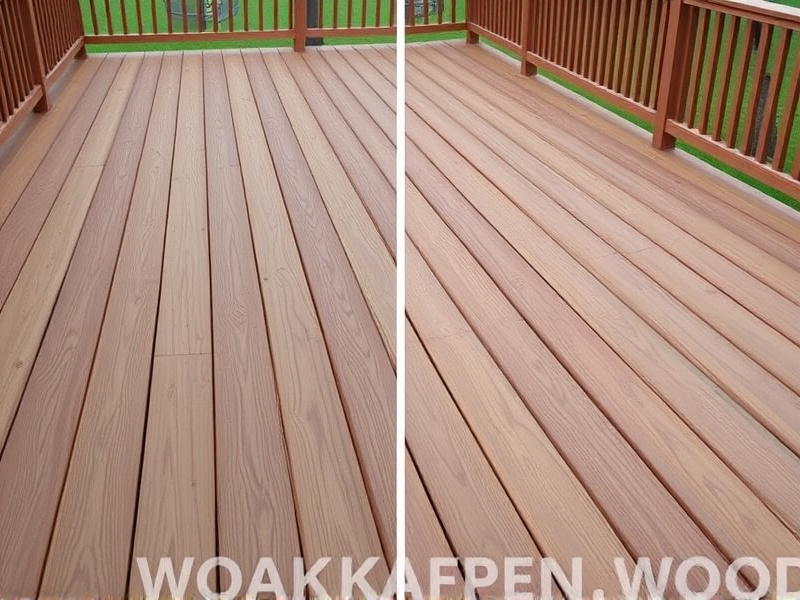Our Location
304 North Cardinal St.
Dorchester Center, MA 02124

When it comes to constructing a deck, homeowners often face the dilemma of choosing between composite decking boards and traditional wooden materials. Each option has its own set of advantages and disadvantages, particularly in terms of durability and maintenance needs. This article delves into the long-term performance of both composite and wooden deck boards under various environmental conditions.
Composite decking boards are made from a combination of plastic and wood fibers, which gives them superior resistance to moisture, rot, and insect damage compared to traditional wood. For instance, a study by the Composite Panel Association found that composite materials have a longer lifespan than wood when exposed to high humidity environments (Composite Panel Association). In coastal areas with salty air, wood decks can suffer from corrosion and decay more quickly, whereas composites remain largely unaffected due to their resistance to saltwater and other corrosive elements.
Wood decks require regular maintenance to keep them looking good and functioning well. This includes periodic staining or painting, sanding down splinters, and treating any signs of mold or mildew. On the other hand, composite decking boards generally require less maintenance. They do not need to be painted or stained, and they resist fading, warping, and cracking better than wood. However, they can still accumulate dirt and stains, which may require occasional cleaning with soap and water or specialized cleaners designed for composite materials (Family Handyman).
In addition to durability and maintenance, another factor to consider is the environmental impact. Composite decking boards are often praised for being more eco-friendly because they are made from recycled materials. However, the production process of composites involves significant energy consumption and chemical usage. Wooden decks, while requiring ongoing maintenance, can be sourced sustainably and are biodegradable at the end of their life cycle (TreeHugger).
Both composite and wooden deck boards offer unique benefits depending on the homeowner’s priorities. If you’re looking for minimal maintenance and high durability, especially in harsh environmental conditions, composite decking boards might be the best choice. Conversely, if sustainability and natural aesthetics are your main concerns, wooden decks could be more suitable despite higher maintenance requirements. Ultimately, understanding the specific conditions of your location will help you make an informed decision.